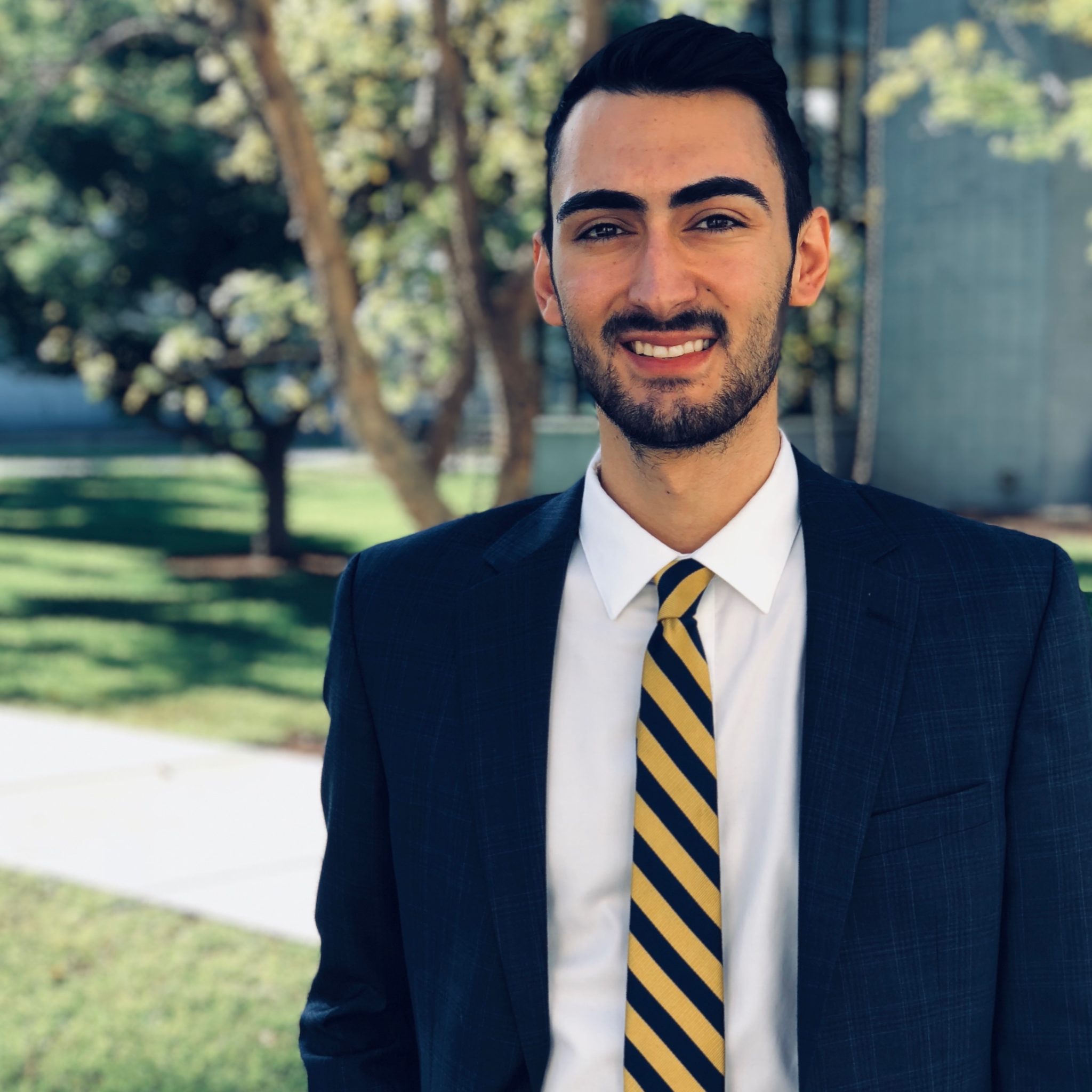Jordan Cohen
Emory Law JD ’20
///////////////////
Hometown: Coral Springs, FL
Interests:
Transactional Law, Corporate Governance, Legal Tech, Government Contract Law

PREVIOUS EDUCATION
B.A., New York University
Gallatin School of Individualized Study
Business, Globalization, New Media, and Technology
STUDENT INVOLVMENTS (Clubs & Leadership)
Member of the Transactional Law Negotiation Team, where my team and I came in 1st Place in March 2019 at the Duke Invitational 2019 Transactional Law Competition
Tl:GER Certificate candidate
Transactional Law and Skills Certificate candidate
Legal Extern at Coca-Cola where I am supporting the Assistant Corporate Secretary and Securities Attorney working on board-related matters and corporate governance.
SUMMER ACTIVITIES
I spent this past summer in-house at my disaster restoration company that I co-founded with my parents in 2016. I was initially interested in working as a summer associate at a law firm during the summer, but quickly realized just how much I needed to be back in Fort Lauderdale to manage my company’s legal matters; I had a number of government contracts that were up for renewal and rebid, I was managing a federal regulatory matter, the Florida legislature passed a new statute that directly affected our industry and required me to redraft all of our contracts, and there were a number of civil and IP-related litigation matters that I oversaw with my outside counsel.
What has been one of your biggest achievements during law school?
In April 2019, I won 1st place for the second consecutive year in William & Mary Law School’s Center for Legal & Court Technology Artificial Intelligence Legal Writing Competition.
This year, my paper entitled “Al and the Board: Practical and Legal Considerations for Augmenting Board Decision-Making with Artificial Intelligence and Its Implications on Corporate Law,” explored current use cases of artificial intelligence and machine learning by corporate boards in their decision-making process, and the legal implications of such technologies on the board-centered model of corporate governance. Specifically, I was interested in how expert systems can be engineered to overcome and correct the risks inherent in human directors, as well as the corresponding legal consequences that such technologies might have on the business judgment rule under the Delaware General Corporation Law.
Who inspired your winning paper topic?
I owe a great deal of gratitude to Professor George S. Georgiev. The area of law that my winning paper explored was inspired by his seminar in corporate governance, and the corresponding high-level debates we had in class on major corporate governance issues, as well as the final writing project that required me to develop in-depth expertise in a novel area of corporate law. His natural ability to inspire students like me to think critically on complex issues in a niche field is telling of his value to the Emory Law community.
What are your plans after college?
I’ve grown up with parents who are entrepreneurs, which instilled in me a passion for innovation and entrepreneurship at a young age. After graduating from college, my parents and I started a disaster restoration company together in South Florida, and I quickly learned how far-reaching dealmaking and problem-solving skills are for anyone serious about a career in entrepreneurship-which led me to law school. What really drew me to Emory Law were the opportunities to further develop my entrepreneurial skills, which is why I’m so excited about Tl:GER. As a result of my coursework in the Transactional Law and Skills Program, my experience competing with the Negotiation Team, and my involvement in Tl:GER, I’m confident that I will graduate Emory Law prepared for a career at the intersection of law, technology, and entrepreneurship.
